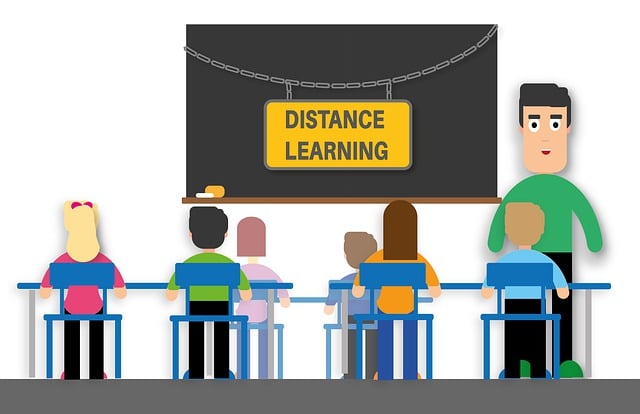Private Internet Access (PIA) is a crucial tool enabling academic researchers to explore sensitive topics like hacker communities anonymously, preserving their identity and data security. PIA's robust encryption facilitates access to the dark web, providing a safe environment for gathering insights into cybercrime. For researchers, this means secure communication, anonymous interactions, and ethical practices, fostering knowledge sharing without compromising sources or security. By prioritizing anonymity and security, PIA empowers researchers while navigating the complex landscape of hacker communities.
In the realm of digital privacy, anonymous web browsing has emerged as a powerful tool, especially within hacker communities. This article explores how academic researchers can leverage private internet access (PIA) to navigate the intricate landscape of online anonymity securely. We delve into the motivations and practices of hacker communities, highlighting the ethical dilemmas surrounding extensive anonymity. By understanding these dynamics, researchers can implement safe practices, striking a balance between preserving privacy and ensuring secure online interactions.
- Understanding Anonymous Web Browsing: A Privacy Tool for Researchers
- The Role of Private Internet Access in Hacker Communities
- Ethical Considerations: Balancing Anonymity and Security
- Implementing Safe Practices for Secure Online Interactions
Understanding Anonymous Web Browsing: A Privacy Tool for Researchers

Anonymous web browsing, often shrouded in controversy, is a powerful tool that offers researchers, especially those delving into sensitive topics like hackers’ communities, an unprecedented level of privacy. This technique allows users to navigate the internet without revealing their real identities, IP addresses, or browsing history.
For academic researchers interested in understanding the underbelly of cybercrime or exploring hacker forums, Private Internet Access (PIA) is a preferred choice. PIA provides robust encryption that masks users’ online activities, ensuring their anonymity. This feature is crucial when accessing and analyzing dark web content, as it safeguards both the researcher’s identity and the integrity of their study, fostering an environment where they can gather insights without fear of repercussions or data breaches.
The Role of Private Internet Access in Hacker Communities

In the clandestine world of hacker communities, where anonymity is paramount, Private Internet Access (PIA) has emerged as a cornerstone tool. PIA offers encrypted VPN services that allow users to mask their digital footprints, ensuring no traceable connection between their activities and their actual identities. This is particularly crucial for academic researchers delving into cybersecurity studies who require anonymous browsing to protect their sources and maintain ethical practices.
For these communities, PIA facilitates safe communication channels, enabling members to exchange sensitive information without fear of surveillance or reprisal. Its robust encryption protocols ensure that data transmitted remains confidential, fostering an environment conducive to knowledge sharing and collaborative problem-solving among hackers worldwide.
Ethical Considerations: Balancing Anonymity and Security

Anonymity online has long been a double-edged sword, particularly within hacker communities. While it provides a safe space for members to exchange ideas and tools, it also raises ethical concerns about accountability and security. Balancing the need for secrecy with responsible practices is crucial for both these communities and academic researchers utilizing Private Internet Access (PIA).
For instance, secure communication channels and encrypted networks can offer a middle ground, allowing for anonymous interactions while still enabling users to be held responsible for their actions. This ensures that the benefits of open dialogue are maintained without compromising security or encouraging malicious activities.
Implementing Safe Practices for Secure Online Interactions

In the realm of anonymous web browsing, particularly within hackers’ communities, adhering to safe practices is paramount for secure online interactions. Utilizing Private Internet Access (PIA) for Academic Researchers offers a robust solution. PIA encrypts internet traffic, masking IP addresses and providing an additional layer of anonymity, thus ensuring users’ privacy.
This practice is crucial as it safeguards individuals from potential surveillance and tracking. By employing virtual private networks (VPNs) like PIA, hackers can engage in secure communication, access restricted content, and collaborate without leaving digital footprints. This anonymity fosters a safer environment for exchanging sensitive information and facilitating underground knowledge-sharing communities.
Anonymous web browsing, facilitated by tools like Private Internet Access (PIA), plays a pivotal role in both hacker communities and academic research. While it offers enhanced privacy and security, ethical considerations demand a balanced approach. By understanding the nuances of anonymous browsing and adopting safe practices, users can leverage PIA for legitimate purposes while mitigating potential risks. For academic researchers, this technology becomes an indispensable tool, allowing them to explore sensitive topics freely and ethically.
